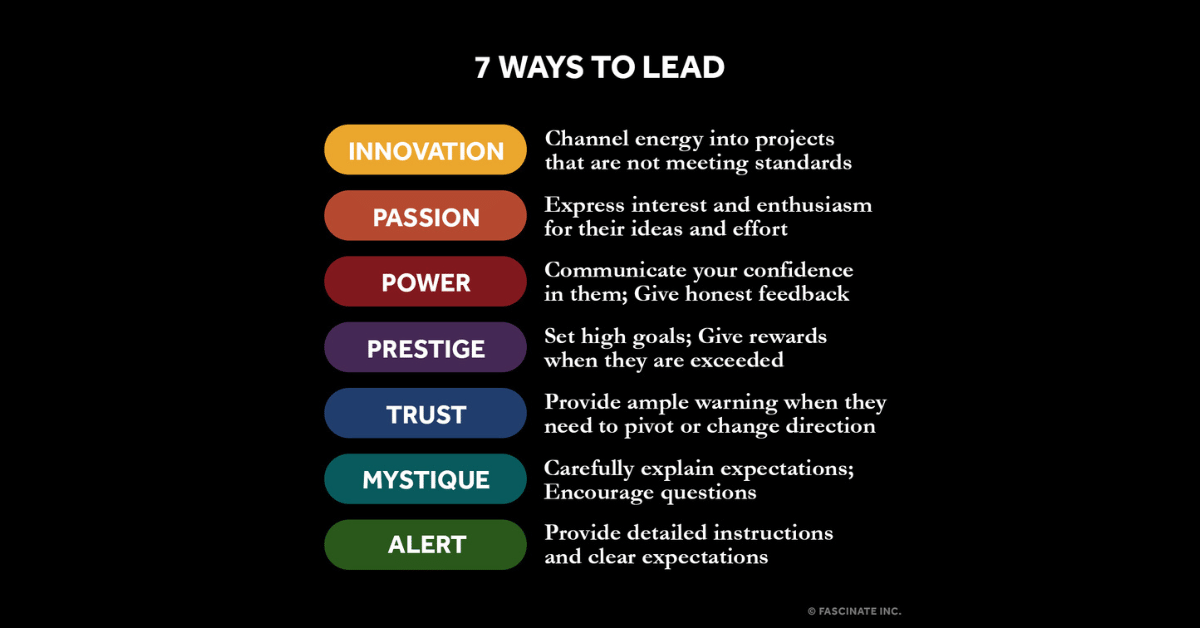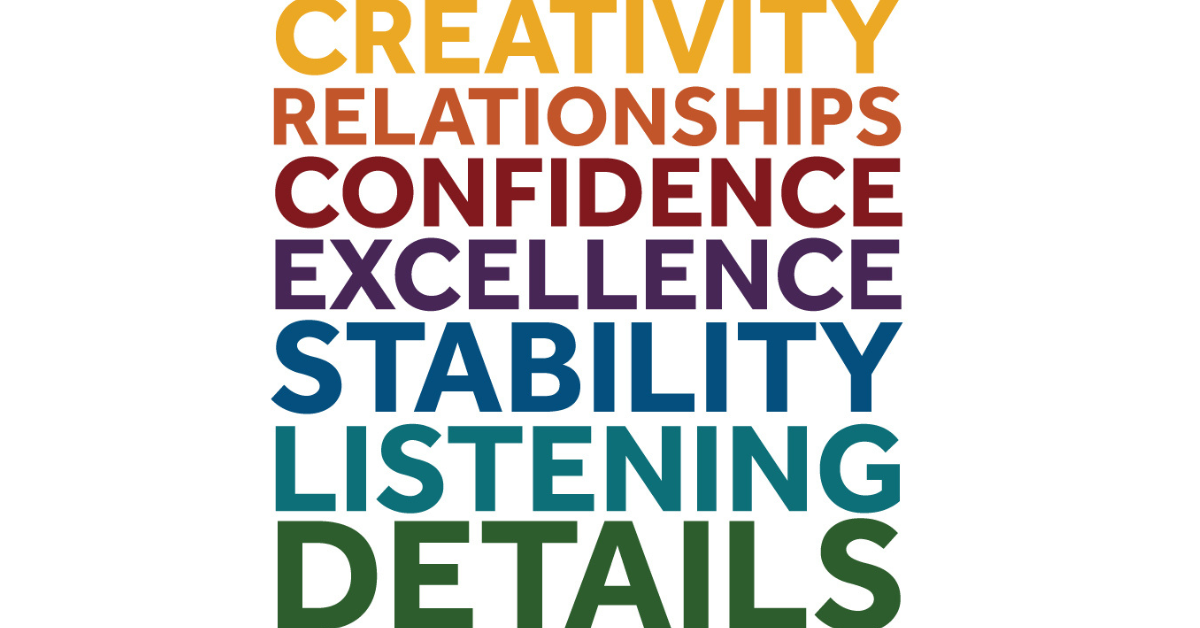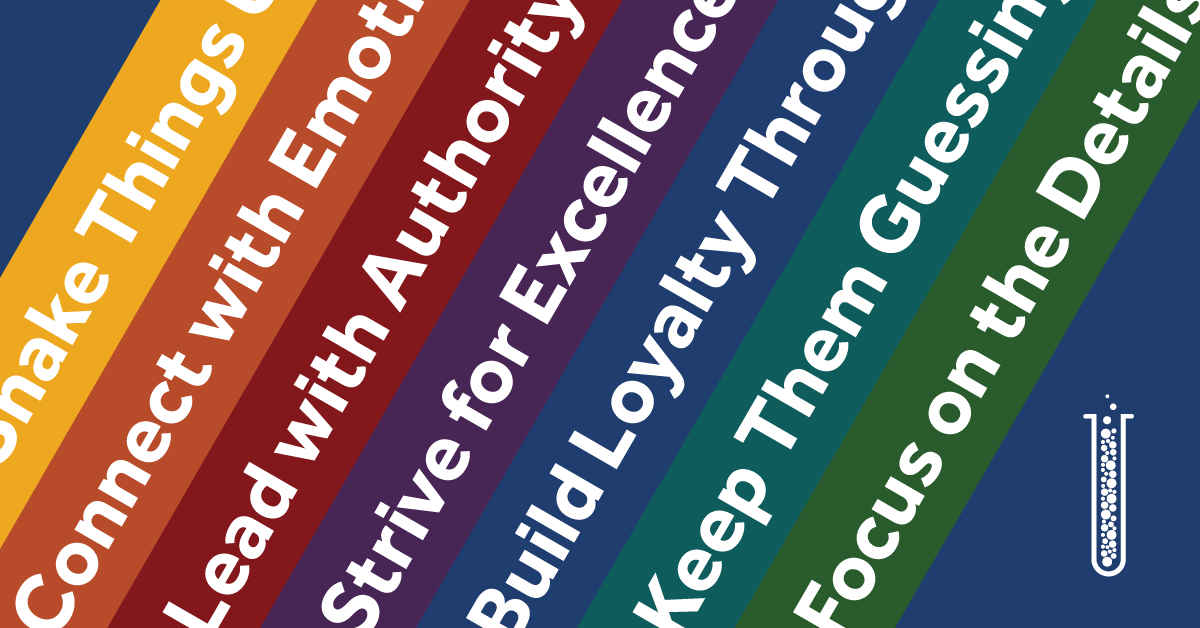Ummm… Uhhh…
That’s what a deadly pause sounds like on the phone.
On an important call, stalling or fumbling for words weakens your listener’s impression of your confidence and conviction.
It’s not easy to engage and fascinate your listener over the phone. But genuinely capture their attention, and you win. Anyone can master the art of the phone call. It just takes a little preparation and strategic thinking.
1. Know your ideal outcome.
What’s the criteria for success? “This call will be a success if I learn ______ or convey_______.”
If the person hangs up from the call remembering only one thing… what do you want that one thing to be?
This is critical, because otherwise, the call can be aimless, leaving the person with a lukewarm impression of you.
2. Have insightful questions ready.
Don’t generate a list of questions, just to appear interested. Instead, be ready with smart, incisive questions that demonstrate your critical thinking.
A great question will encourage your listener to think of themselves in new ways. As a result, they’ll think of you differently, too. For example: “What’s the biggest challenge you’re facing right now?” Or, “How is your office culture different today than it was a year ago?” Questions are the best way to jumpstart a conversation.
3. Understand how others see you.
Every time you communicate, you create a certain impression. How do others perceive you? How is your personality most likely to add distinct value?
Identify how others see you, and then plan your call around how you can add value in those particular ways. Do you impress people through your fast-paced commentary? If so, listen for ways to bring wit to the discussion. On the other hand, if you impress people with a specialized expertise, keep that in mind when planning the call.
Your goal is to be as authentic as possible, while also making a strong impression.
4. Figure out… Business first? Or common ground first?
People with a primary Passion Advantage want to establish common ground before digging into the business at hand. People with a primary Mystique Advantage don’t care for a “warm-up.” Unlike the Passion personality, who wants to connect before business, the Mystique personality connects through business.
5. Research their company’s latest challenges and triumphs.
Have they recently suffered a company-wide setback? Have they been praised with an award?
This will affect how they could potentially work with you. Besides, you’ll look unprepared if you don’t know about significant events in their realm.
6. Gauge how they’re most likely to connect with their own network.
Get to know them via their personal or company Facebook page. If they have a Twitter feed, take a look: Do they post about their kids’ sporting events, or do they share corporate white papers?
Social media offers valuable insight into an individual’s priorities and communication style. Find common connections on LinkedIn, and see who you know in common. If the meeting is critical, consider asking a mutual contact or two if they have suggestions for creating a successful outcome on the call.
7. Look at their photo while you speak.
Keep a photo of the person’s face on screen while talking to them. This will make your voice sound more authentic and human, because you’re focusing on that person. If you are meeting via videoconference, it will be that much easier. Be sure to turn on your video option, and encourage others to do so, as well. (This isn’t just feel-good stuff; it’s a neurological fact that when you look at the human face, your voice sounds more appealing.)
8. Avoid the awkward pause.
Awkward pauses are… well, really awkward. If you stumble and get nervous, your brain emits a blast of the stress hormone, cortisol. Your listener picks up on these cues and momentarily disengages (whether they consciously realize it or not).
Eliminate uncertainty by taking a moment to think through the structure and flow. When you feel at ease, your speech conveys confidence. Your voice literally sounds stronger, and pulls in your listener. If you don’t have an immediate response, rather than stumbling, give a forthright response such as, “Hmmm, I’m going to have to think about that one and get back to you.”
9. Overcome objections.
Are there obstacles that you can anticipate and be prepared to overcome, in order to have a maximally successful call? Make a quick list of a few potential issues that might be on your listener’s mind, and think through how you can gracefully and skillfully overcome these obstacles during the discussion.
10. Keep all your notes from conversations in one place.
Maintain a record for each person or group, putting notes about all your conversations in one place. That allows you to make sure each consecutive conversation builds upon the previous one, so you’re moving the ball forward with every contact.
Every call is an opportunity to build rapport and improve your personal brand, and your business. With a little prep work and intuition, you can do this easily and effectively.
Understand how your personality adds value, so that you can give more of this in every interaction.
And, remember: The simplest way to build rapport with someone is to figure out how they connect with their own network- so that you can determine the best way for you to connect with them.
It is imperative that you earn their attention-immediately- otherwise, they’ll start scrolling through emails faster than you can say “ummmm.”










